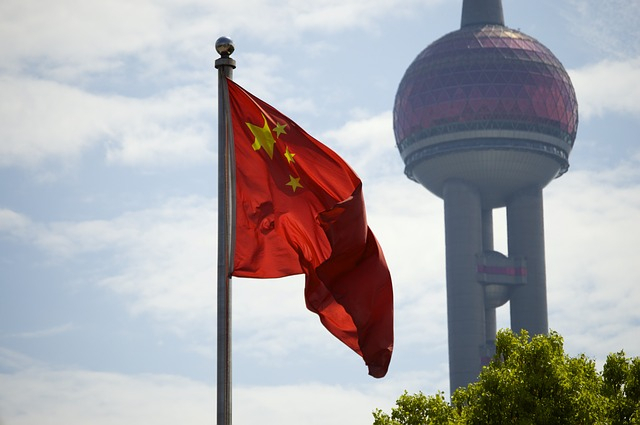
China may soon buy pork for its state reserves to support farmers struggling to sell their pigs amid an African swine fever epidemic that has ravaged the nation's hog herd, according to people who attended a government meeting this week.
Pork prices in some parts of China, the world's top producer and consumer, have fallen more than 20 percent since August when the fatal African swine fever hit the country's hogs, in a blow to farmers.
It is not known how much Beijing would buy but the purchase would support prices in areas that have not been able to sell their hogs to places with demand, said Wang Zuli, chief expert on pig production at the Ministry of Agriculture and Rural Affairs.
The plan was discussed by the ministry at a meeting on Monday to discuss ways to ensure stable production of pork amid the African swine fever outbreak, said Wang, who attended.
The ministry did not immediately respond to a fax seeking confirmation of the stockpiling plan. It issued a brief statement on Tuesday saying it had held a meeting with major pig producers to discuss measures to stabilize pig output and secure pork supply.
Yao Guiling, analyst at China-America Commodity Data Analytics, said the ministry had proposed stockpiling, according to accounts of the meeting by people present.
China consumes about 55 million tonnes of pork a year. It is not known how much meat Beijing keeps in reserves.
It has in the past bought as much as 100,000 tonnes of pork for state stocks when prices are low but purchasing usually happens between March and May, when demand is weaker. Beijing has curbed its purchases in recent years as part of a policy to reduce interference in markets.
'OVERWEIGHT PIGS'
It is not clear when government purchases would happen but it will likely be before the Lunar New Year festival, in early February 2019, said Wang.
The move comes after more than 70 outbreaks of African swine fever across China. The disease kills pigs and there is no cure or vaccine against it.
Beijing has banned the transport of live pigs from regions infected with the disease, fuelling a steep drop in prices in major production areas in the north that usually sell pigs to other regions.
Some farmers are raising their pigs to as much as 200 kilograms, almost double the usual weight of a pig sent to slaughter.
"There are many overweight pigs. Buying for the reserves will release the pressure and help with prices," said Wang.
The live pig price in northeast Liaoning province is currently 10 yuan ($1.44) per kg compared with 16 yuan per kg in southern Guangdong province, according to data collected by China-America Commodity Data Analytics.
Many pig farmers in the northeast have already begun to get rid of their animals to cut their losses, said Yao, the analyst.
The government also urged major pig producers at the meeting this week to diversify into slaughtering and increase processing capacity closer to their farms, reducing the need for transporting live animals, added Yao.








